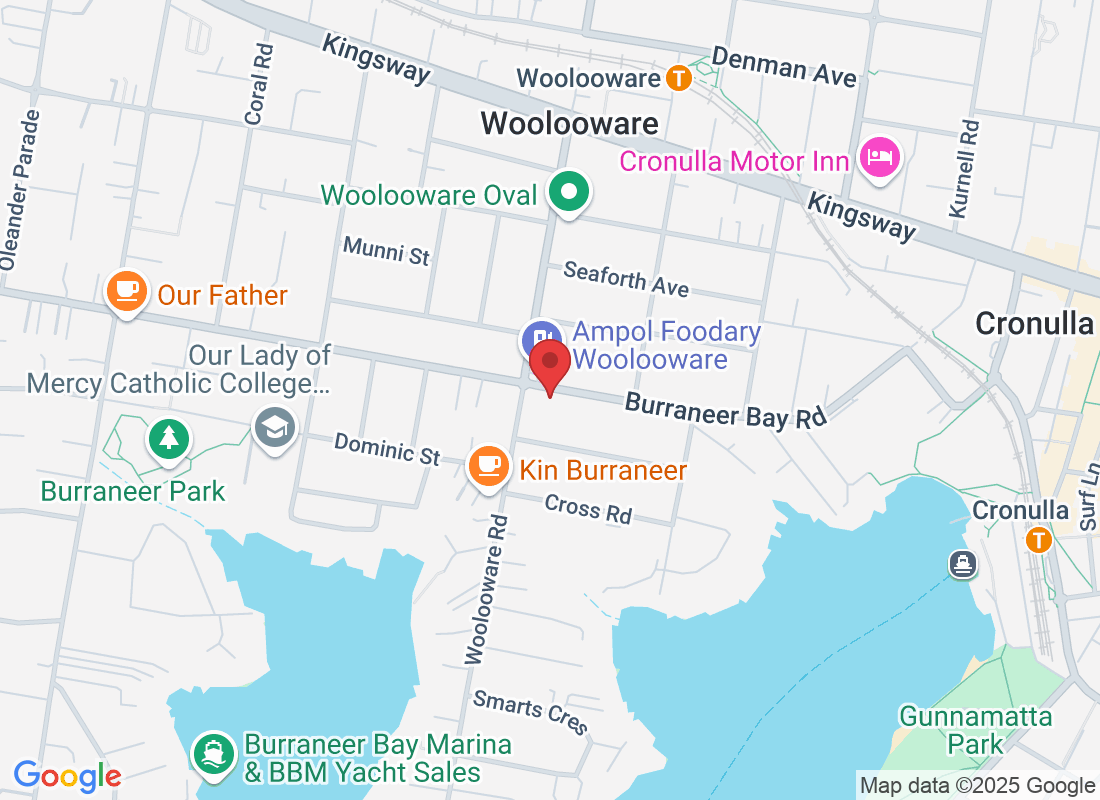
Postpartum Recovery: The Role of Pelvic Floor Physiotherapy
Postpartum recovery is a critical period for new mothers, as it involves significant physical and emotional changes following childbirth. One aspect of recovery that is often overlooked but incredibly important is the health of the pelvic floor. Weakness or dysfunction in the pelvic floor muscles can lead to various complications, including urinary incontinence, pelvic pain, and reduced sexual function. Engaging in pelvic floor physiotherapy can play a pivotal role in helping women recover effectively. In this guide, we will explore the importance of pelvic floor physiotherapy during the postpartum period, common issues faced by new mothers, and how it can aid in recovery.
Understanding the Pelvic Floor
The pelvic floor is a group of muscles that support the bladder, uterus, and rectum. During pregnancy and childbirth, these muscles undergo tremendous stress and stretching, which can lead to weakness or injury. Understanding the significance of the pelvic floor and its role in overall health is vital for postpartum recovery.
Common Issues Faced by New Mothers
Urinary Incontinence: Many new mothers experience some degree of urinary incontinence following childbirth. This condition can manifest as leakage during activities such as coughing, sneezing, or exercising.
Pelvic Pain: Pain in the pelvic region is another common issue postpartum. This discomfort may result from muscle imbalances, scar tissue from delivery, or even previous injuries.
Prolapse: Some women may experience pelvic organ prolapse, where the bladder, uterus, or rectum descends into the vaginal canal due to weakened pelvic floor muscles.
Changes in Sexual Function: Postpartum changes can also affect sexual health, leading to discomfort during intercourse or reduced libido.
The Role of Pelvic Floor Physiotherapy
Pelvic floor physiotherapy provides targeted care designed to address the specific challenges faced by new mothers. Here’s how it can help:
Assessment and Education: Your physiotherapist will conduct a thorough assessment of your pelvic floor muscles, including strength, flexibility, and function. This assessment is crucial for developing a personalised treatment plan. Education about your body and its changes postpartum is also a key component.
Targeted Exercises: Pelvic floor physiotherapy involves specific exercises aimed at strengthening and rehabilitating the pelvic floor muscles. These exercises may include Kegel exercises, which help improve muscle tone and control. Your physiotherapist will guide you on the correct techniques to ensure effectiveness.
Manual Therapy: In some cases, manual therapy techniques may be utilised to release tension in the pelvic floor and surrounding muscles. This hands-on approach can alleviate pain and enhance mobility.
Breathing Techniques: Learning proper breathing techniques is essential for pelvic floor rehabilitation. Your physiotherapist will teach you how to engage your core and pelvic floor muscles effectively during various activities.
Ongoing Support: Recovery is a journey, and having ongoing support is vital. Regular follow-up sessions with your physiotherapist will allow for adjustments to your treatment plan as needed, ensuring optimal recovery.
When to Seek Help
It’s important for new mothers to seek pelvic floor physiotherapy if they experience any of the following symptoms:
Persistent urinary incontinence or leakage
Ongoing pelvic pain or discomfort
Difficulty with bowel movements
A feeling of heaviness or pressure in the pelvic region
Pain during intercourse
Early intervention can prevent further complications and improve recovery outcomes.
Conclusion
Pelvic floor physiotherapy is a vital component of postpartum recovery. By understanding the importance of the pelvic floor and addressing any issues with, new mothers can achieve better health and well-being. At Southside Physiotherapy, we are dedicated to providing the support you need during this transformative time.
If you’re a new mother looking to enhance your recovery, don’t hesitate to reach out. Our experienced team is here to help you regain strength, confidence, and comfort as you navigate the postpartum journey.



